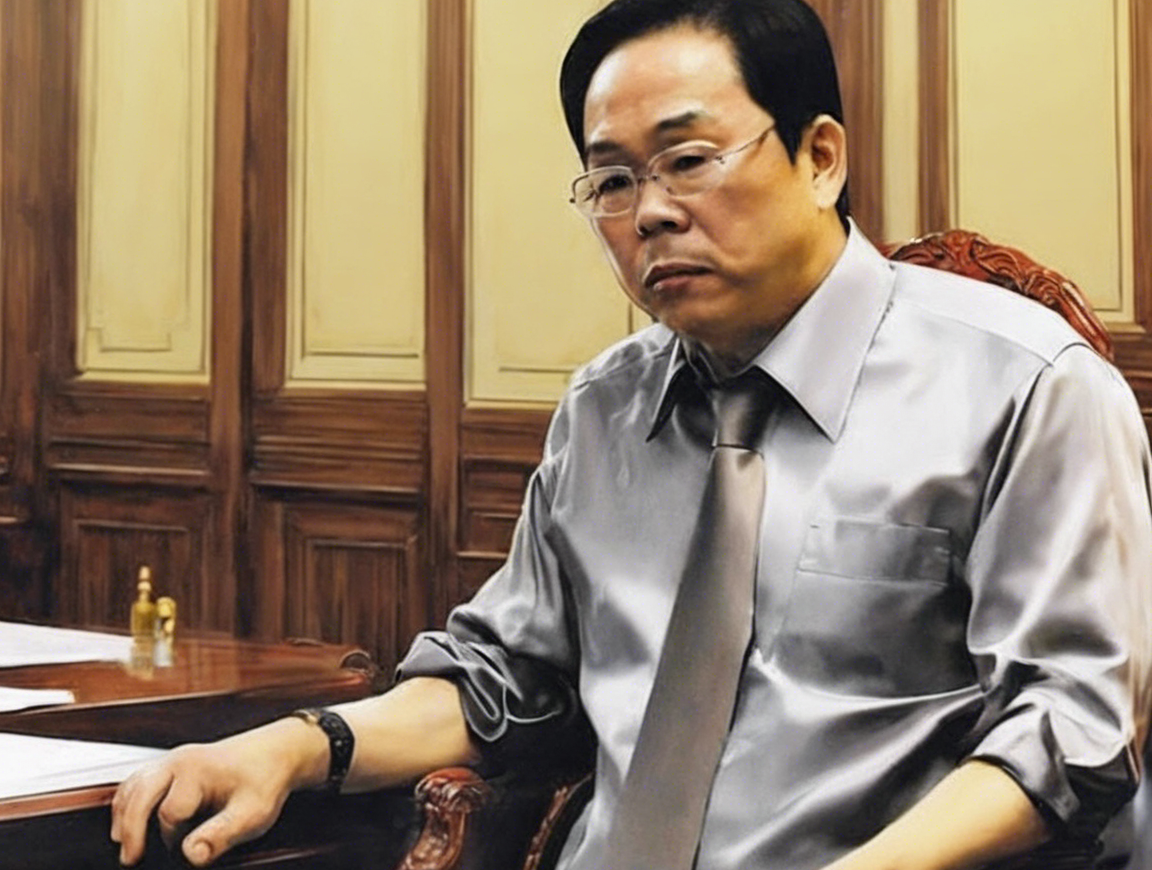Introduction
In recent news, the Vietnamese tycoon, Pham Nhat Vuong, has been sentenced to death on charges of corruption and embezzlement. This controversial decision has sent shockwaves throughout the business community and raised concerns about the state of justice and due process in the country. Let’s delve deeper into the case of Pham Nhat Vuong and the implications it has for Vietnam’s business landscape.
The Rise of Pham Nhat Vuong
Pham Nhat Vuong is a self-made billionaire and the founder of Vingroup, one of Vietnam’s largest conglomerates with interests in real estate, retail, healthcare, and technology. Born in a rural village in Vietnam, Vuong rose from humble beginnings to become the country’s richest man, with a net worth of billions of dollars.
The Allegations
Despite his success, Pham Nhat Vuong has long been the subject of scrutiny and allegations of corruption. Accusations of using his political connections to secure lucrative contracts and favorable deals have dogged him for years. The recent trial brought these allegations to the forefront, with prosecutors presenting evidence of embezzlement and money laundering.
The Trial and Conviction
Following a high-profile trial that lasted several weeks, Pham Nhat Vuong was found guilty on multiple counts of corruption and embezzlement. The court handed down the harshest possible sentence: death by firing squad. The severity of the punishment has stunned many observers, who question the fairness and impartiality of the trial.
Implications for Vietnam’s Business Environment
The sentencing of Pham Nhat Vuong has raised concerns about the rule of law and judicial independence in Vietnam. Critics argue that the government is using high-profile cases like this to send a message to other business leaders and entrepreneurs. The lack of transparency and due process in the trial has also sparked fears about the investment climate in the country.
International Reaction
The international community has condemned the decision to sentence Pham Nhat Vuong to death, calling for a fair and transparent appeals process. Business leaders and human rights activists have expressed outrage at what they see as a politically motivated verdict. The case has drawn attention to Vietnam’s record on human rights and the rule of law.
What’s Next for Pham Nhat Vuong?
In the wake of his sentencing, Pham Nhat Vuong’s legal team has vowed to appeal the decision and fight for his innocence. Supporters have rallied behind him, organizing protests and online campaigns to raise awareness of his case. The outcome of the appeal will be closely watched, as it could have far-reaching implications for Vietnam’s business community.
Frequently Asked Questions (FAQs)
1. What were the specific charges against Pham Nhat Vuong?
Pham Nhat Vuong was charged with corruption, embezzlement, and money laundering, stemming from his business dealings with government officials.
2. Was there any evidence presented during the trial to support the allegations against him?
Yes, prosecutors presented documents and witness testimony linking Pham Nhat Vuong to illicit financial transactions and corrupt practices.
3. How has the business community in Vietnam reacted to his sentencing?
The business community in Vietnam has expressed shock and dismay at the severity of the sentence, raising concerns about the impact on investor confidence.
4. What steps is Pham Nhat Vuong taking to appeal his conviction?
Pham Nhat Vuong’s legal team is preparing to appeal the decision, citing procedural errors and lack of evidence in the trial.
5. What support has Pham Nhat Vuong received from his supporters and the public?
Supporters of Pham Nhat Vuong have organized protests and social media campaigns to advocate for his innocence and fair treatment.
6. How has the international community reacted to the case of Pham Nhat Vuong?
International organizations and governments have called for a fair and transparent appeals process and have expressed concerns about the state of justice in Vietnam.
In conclusion, the case of Pham Nhat Vuong has sent shockwaves through Vietnam’s business community and raised questions about the rule of law in the country. The outcome of his appeal will be closely watched, as it could have far-reaching implications for the future of business in Vietnam.



